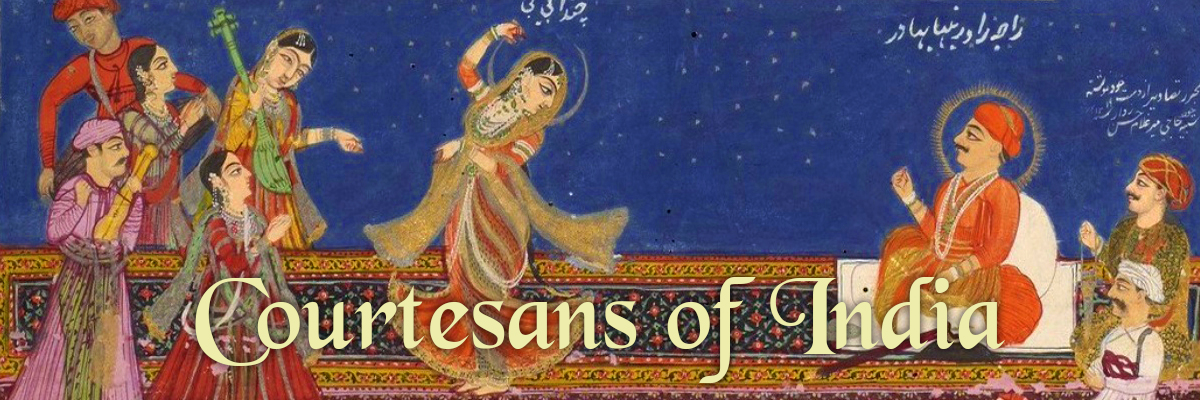This webpage is available to read for free online.
The “160 Kafis” page on Accessing Muslim Lives offers a small selection of poems by Piro, a 19th-century poet and courtesan-turned-religious devotee, which have been gathered from Piro’s autobiographical poetry book titled 160 Kafis, translated by Anshu Malhotra, and annotated by the unnamed author of the webpage. These poems offer a rare opportunity for readers to access Piro’s work for free.
Although technically not a high-class tawaif, Piro was nevertheless a courtesan who was possibly sought after on the fringes of the Lahore court (see page 1509 of “Bhakti and the Gendered Self” by Anshu Malhotra.) Malhotra summarizes the content and purpose of Piro’s book as follows in her chapter, “Performing a Persona: Reading Piro’s Kafis”, which appears in Speaking of the Self: Gender, Performance, and Autobiography in South Asia:
The 160 Kafis is not the usual compilation of philosophical ruminations, homilies on moral living, or advice on adopting an uncluttered life of devotion that one may expect from a text produced in a religious establishment, and one that purportedly borrows from Bhakti, and even Sufi ethics. It is a text constructed with a specific and limited agenda—to elucidate Piro’s move from a brothel to a religious establishment, and lay to rest the misgivings of those opposed to it. The process of its composition may have helped Piro understand and digest what she made of her unusual move. It also allowed her to explain, justify, and popularize her version of the events, besides scotching the egre¬ gious rumors that followed in the wake of her unprecedented move that not only touched her, but cast aspersions on her guru. The personal tone of Piros 160 Kafis can be further gleaned from her preoccupation with noting, indeed emphasizing, the acrimonious relations between “Hindus” (inclusive of Sikhs) and “Turaks,” a theme around which she frames her own story of flight and asylum.
(206)
